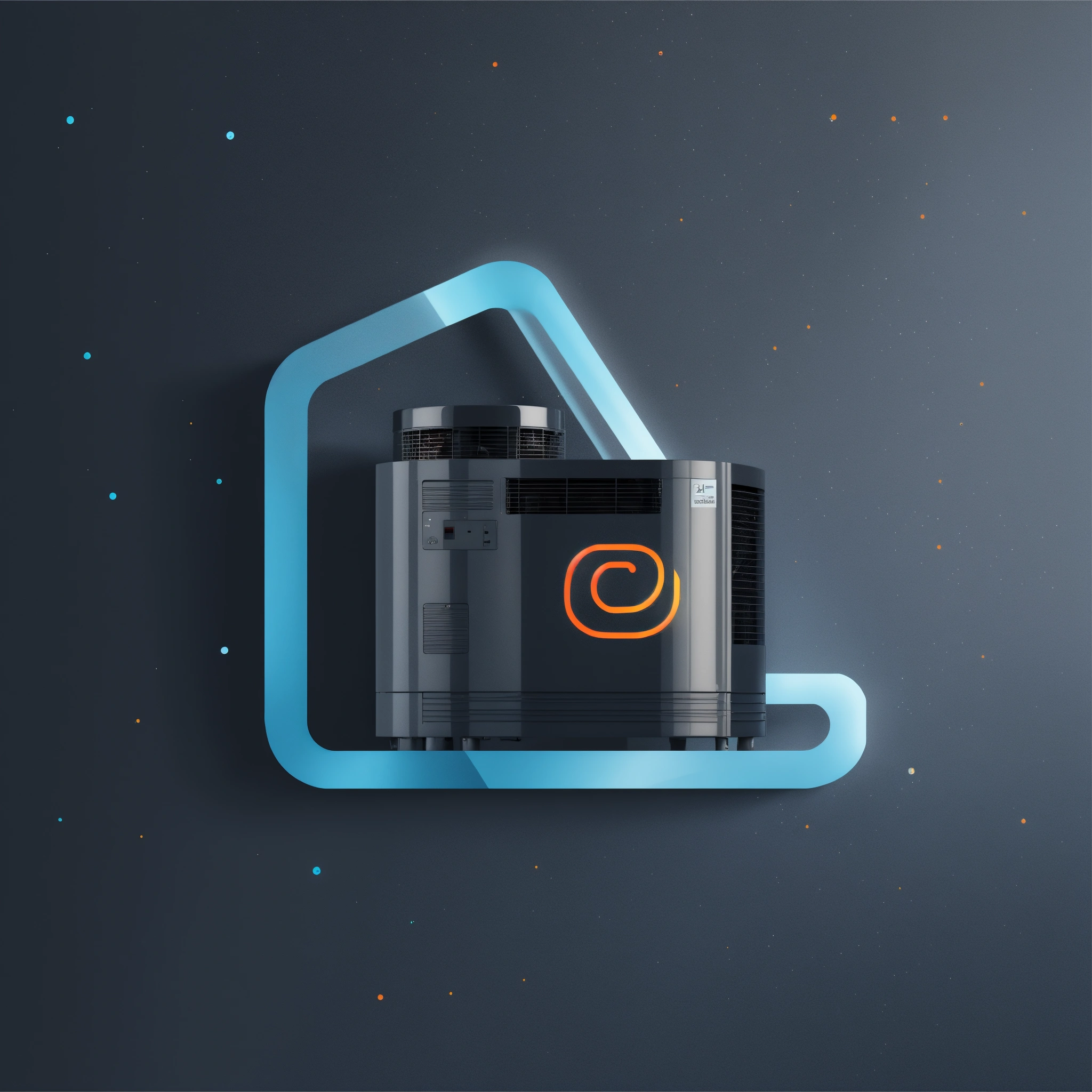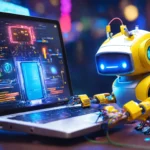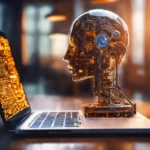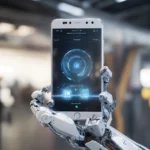The smart home industry has evolved dramatically in the past decade, with Artificial Intelligence (AI) playing a major role in transforming how we interact with our living spaces. From voice-controlled assistants to AI-powered security systems, smart homes are becoming more efficient, secure, and intuitive.
In 2025, AI is making homes smarter by automating everyday tasks, optimizing energy consumption, enhancing security, and improving comfort. Let’s explore how AI is shaping the future of home automation.
1. AI-Powered Voice Assistants: The Brain of Smart Homes
Voice-controlled assistants like Amazon Alexa, Google Assistant, and Apple Siri are at the heart of AI-powered smart homes. In 2025, these AI assistants:
✅ Understand complex voice commands with improved natural language processing (NLP).
✅ Automate daily tasks, like controlling lights, adjusting thermostats, and playing music.
✅ Learn user preferences to offer personalized experiences.
✅ Connect seamlessly with all smart home devices for centralized control.
With AI-powered voice assistants, homeowners can manage their entire home using simple voice commands.
2. AI-Based Smart Lighting: Energy Efficiency & Personalization
Smart lighting systems powered by AI are revolutionizing home illumination. Key features include:
✅ Adaptive brightness control, adjusting lights based on natural daylight.
✅ AI-driven motion detection, turning lights on/off based on movement.
✅ Personalized lighting moods, creating ambiance based on user preferences.
✅ Energy-efficient automation, reducing electricity bills.
Brands like Philips Hue, LIFX, and Nanoleaf are integrating AI to offer automated and eco-friendly lighting solutions.
3. AI in Home Security: Smarter and Safer Living
AI-powered security systems provide advanced protection against intrusions and threats. In 2025, these smart security systems include:
✅ AI-driven facial recognition, allowing only authorized individuals to enter.
✅ Real-time video surveillance with AI-powered anomaly detection.
✅ Automated security alerts, notifying homeowners about suspicious activity.
✅ Voice-activated emergency response, calling authorities instantly in case of danger.
Companies like Ring, Arlo, and Nest are using AI to create highly intelligent and proactive home security systems.
4. AI-Enabled Smart Thermostats: Optimized Climate Control
AI-driven thermostats, like Google Nest and Ecobee, are revolutionizing home heating and cooling by:
✅ Learning user habits to adjust temperature settings automatically.
✅ Detecting occupancy, turning off heating/cooling when no one is home.
✅ Integrating with weather forecasts for temperature optimization.
✅ Reducing energy consumption, lowering utility bills.
With AI-powered climate control, homeowners enjoy comfort, energy efficiency, and cost savings.
5. AI-Powered Smart Kitchens: The Future of Cooking
AI is making kitchens smarter by assisting in cooking and grocery management. Innovations in 2025 include:
✅ AI-integrated refrigerators that track food expiration dates and suggest recipes.
✅ Smart ovens and stoves, automatically adjusting cooking times and temperatures.
✅ AI-powered grocery shopping assistants, recommending ingredients based on diet preferences.
✅ Voice-controlled kitchen appliances, making cooking hands-free and convenient.
Brands like Samsung, LG, and Bosch are leading the way in AI-powered kitchen automation.
6. AI in Home Entertainment: Personalized Streaming & Gaming
AI is revolutionizing home entertainment by offering personalized experiences. Features include:
✅ AI-powered smart TVs, recommending content based on viewing habits.
✅ Voice-controlled streaming, allowing hands-free control over Netflix, YouTube, etc.
✅ AI-enhanced gaming, optimizing graphics and responsiveness for an immersive experience.
✅ Smart speakers, offering high-quality sound and AI-driven music recommendations.
Companies like Sony, Bose, and Apple are integrating AI into entertainment systems for a smarter and more immersive experience.
7. AI-Driven Home Cleaning: Robot Vacuum Cleaners & More
AI-powered home cleaning solutions are making life easier with:
✅ Robot vacuum cleaners that map home layouts and clean efficiently.
✅ AI-powered air purifiers, detecting pollutants and adjusting settings automatically.
✅ Self-cleaning toilets and smart washers, reducing manual effort.
✅ AI-driven pest control, monitoring and eliminating household pests.
Brands like iRobot (Roomba), Dyson, and Xiaomi are at the forefront of AI-driven home cleaning solutions.
8. AI-Integrated Home Automation Systems
AI-powered home automation platforms are centralizing smart home control with features like:
✅ Automated daily schedules, syncing with smart devices for efficiency.
✅ Predictive maintenance, alerting users about appliance issues before they break down.
✅ Energy monitoring dashboards, helping homeowners track and optimize usage.
✅ Seamless integration, allowing smart home devices to communicate with each other.
Platforms like Samsung SmartThings, Google Home, and Apple HomeKit provide centralized AI-driven smart home management.
9. AI-Powered Home Health Monitoring
AI in smart homes is also improving health and wellness with:
✅ AI-powered sleep trackers, analyzing sleep patterns for better rest.
✅ Smart wearables, integrating with home devices for health monitoring.
✅ AI-driven air quality sensors, detecting allergens and pollutants.
✅ Voice-controlled medication reminders, ensuring timely medication intake.
With AI-powered health monitoring, smart homes are helping individuals lead healthier lifestyles.
10. The Future of AI in Smart Homes
By 2030, AI-powered smart homes will feature even more advanced technologies, such as:
✅ Full home automation, where AI controls all aspects of living spaces.
✅ Emotion-sensing AI, adjusting home settings based on mood detection.
✅ Holographic AI assistants, replacing traditional smart displays.
✅ AI-driven home robots, assisting in household chores and caregiving.
With continuous advancements in AI, the future of smart homes is set to be fully autonomous, energy-efficient, and deeply personalized.
Conclusion: AI is the Heart of Smart Homes
AI-powered smart homes are redefining convenience, security, and efficiency. From intelligent climate control and automated lighting to AI-driven security and health monitoring, homes are becoming smarter and more connected than ever.
As AI continues to evolve, the dream of a fully autonomous home is becoming a reality. Would you want an AI-powered smart home? Let us know in the comments!










